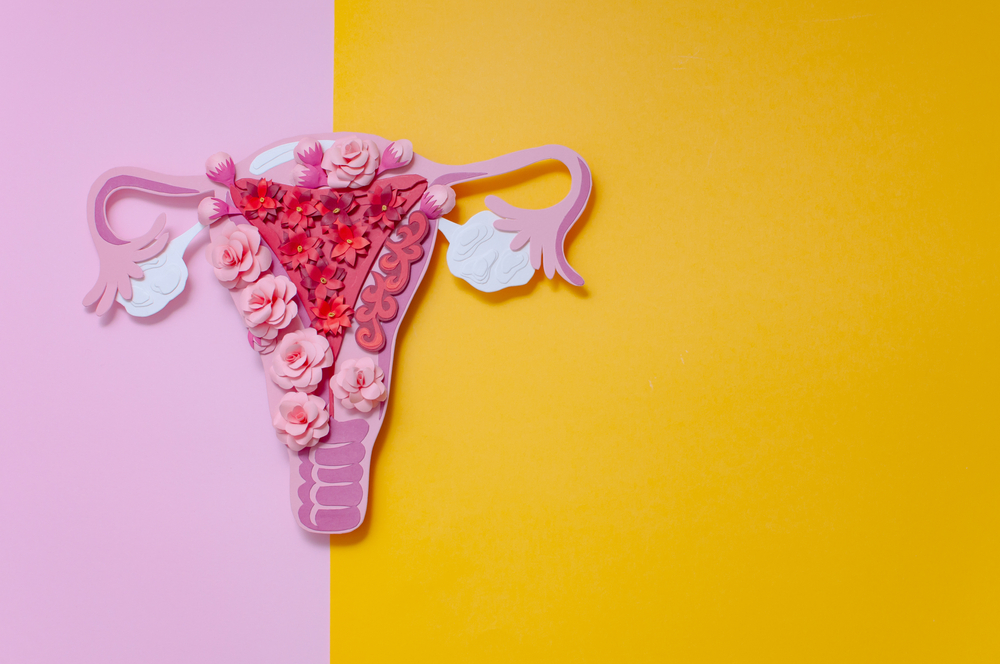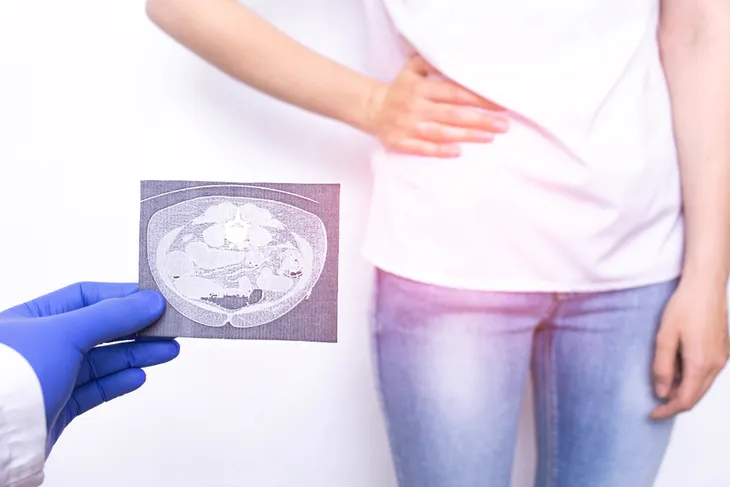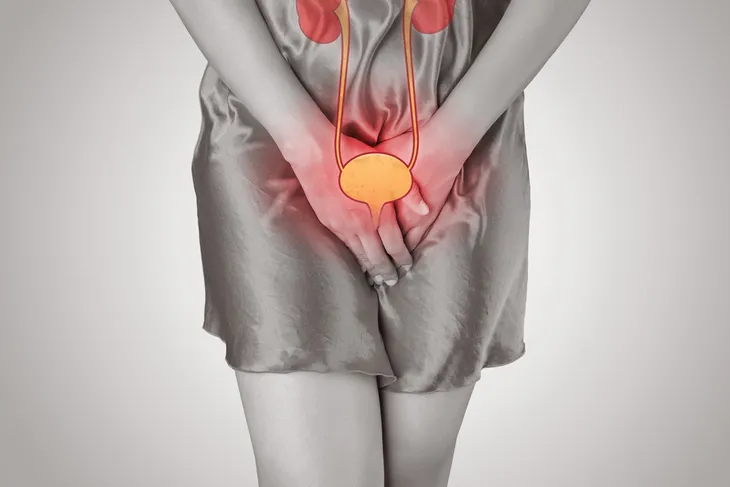If you suffer from, or know someone who suffers from, endometriosis, you’re aware that the painful condition causes abdominal cramps and chronic headaches as the cells in the uterine lining grow beyond the uterus. Pain is particularly unbearable during menstruation when tissues break down—they can become trapped and form agonizing lesions.
However, many patients are unaware of the other subtle (sometimes early indicators) and unusual signs of endometriosis…
Gastrointestinal Troubles
Uncomfortable bouts of constipation met with diarrhea…and oh, the uncomfortable and embarrassing gas and flatulence. This might sound like a case of IBS (or Irritable Bowel Syndrome), however, but symptoms that spring up (or become more severe) only around your menstrual cycle could indicate endometriosis.
According to researchers from the Center for Gynepathology Research at Massachusetts Institute of Technology, endometrial growth—or endometrial cells that grow outside of the uterus and form on the bowel can cause chronic and painful gastrointestinal issues. Doctors will have to perform a laparoscopy (take a tissue sample) to determine an endometriosis vs. IBS diagnosis.
Appendicitis Pain
As if endometriosis wasn’t painful enough—according to researcher published in the National Institutes of Health, endometrial cell growth can also cause the painful inflammation of the appendix and imitate appendicitis symptoms.
Appendicitis typically occurs when bacteria grow in the appendix, the worm-shaped pouch connected to the large intestine. However, if endometriosis is the culprit, catamenial appendicitis will result in the same inflammation of the appendix without the normal fever or increase in white blood cell count. Catamenial appendicitis due to endometriosis also typically coincides with painful menstrual symptoms.
Bladder Upset
If you experience an uncontrollable urinary urgency during your menstrual cycle, you may be dealing with endometriosis on the bladder. Any woman who has endometriosis on her bladder may experience symptoms similar to a condition known as interstitial cystitis.
The symptoms of interstitial cystitis are difficult to diagnose because they often mimic a urinary tract infection (or UTI) or bladder infection. Common symptoms include pelvic pain mixed with the frequent urge to urinate. A feeling that your bladder is constantly full is also common even if you’ve just gone to the bathroom.
Upper Body Discomfort
You wouldn’t normally associate arm pain or chest pain with endometriosis, but it can cause some upper body discomfort. Symptoms of endometriosis in the upper body is not due to the endometriosis traveling into other parts of the body, but rather due to diaphragmatic endometriosis. It can affect the nerves on the diaphragm which causes pain in the upper body. The pain is due to nerve involvement in the abdominal or pelvic cavity.
Acid Reflux
Bowel endometriosis will often cause very similar symptoms to gastroesophageal reflux disease (GERD) or acid reflux. Patients may experience painful indigestion, burning in the throat or stomach, cramps, abdominal bloating, nausea, vomiting, food regurgitation, and diarrhea—typically, but not always, before and during menstruation.
For example, a 2013 research study from Mater Dei University Hospital, in Msida, Malta, discovered that approximately 80-percent of endometriosis sufferers also experience some form of acute gastrointestinal symptoms right before or during menstruation.
Breathing Difficulties
Although endometriosis of the diaphragm is considered rather rare, pain in the shoulders, upper abdomen, chest (pleuritic pain), and shortness of breath (dyspnea) can occur in tandem if endometrial cells or lesions form in the diaphragm.
Pain in the upper areas isn’t typically associated with endometriosis. However, Dr. Camran Nezhat, Endometriosis Specialist at California’s Center for Special Minimally Invasive & Robotic Surgery, says that lesions on the diaphragm can cause terrible pain, restricted movement in the upper body and arms, and even breathing difficulties—usually with or exacerbated by a menstrual period.









